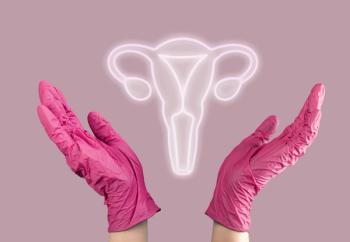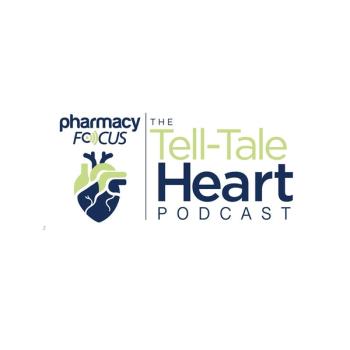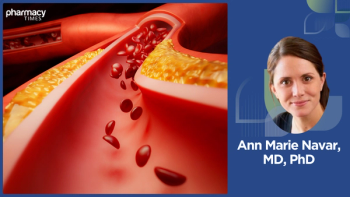
6 Hot Findings on HIV Prevalence
What does your typical newly diagnosed HIV patient look like?
What does your typical newly diagnosed HIV patient look like?
The US Centers for Disease Control and Prevention (CDC) recently released new findings related to the age, gender, race, and location of patients diagnosed with HIV in the United States. The 2014 data included those living in not only the United States, but also 6 US-dependent areas: American Samoa, Guam, the Northern Mariana Islands, Puerto Rico, the Republic of Palau, and the US Virgin Islands.
Knowing the who, where, and when about new HIV diagnoses can help pharmacists better understand the infection’s scope.
Pharmacists can help prevent and manage
Here are 6 recent research findings on new HIV diagnoses that pharmacists should know:
1. Nearly 1 in 6 new HIV diagnoses involve patients aged 50 years or older.
Of the 44,071 patients who were diagnosed with HIV in 2014, 7391 were aged 50 years or older.
This highlights the importance of considering HIV as a potential reason for illness among older adults. The Washington Post recently reported that health care providers may be hesitant to speak with this population about their sex life, and providers may confuse HIV symptoms for older age-related conditions like heart disease.
One researcher at Yale University’s Center for Interdisciplinary Research on AIDS told the paper that it took more than 18 months for Yale-New Haven Hospital to test a man in his 60s for HIV, even though he showed symptoms of the disease.
2. HIV is most commonly diagnosed among patients in their 20s.
Patients aged 20 to 29 had the highest estimates for new HIV diagnoses in 2014, according to the CDC.
Age
Estimated number of new HIV diagnoses in 2014
Under 13
174
13-14
35
15-19
1828
20-24
7868
25-29
7870
30-34
6026
35-39
4662
40-44
4196
45-49
4021
50-54
3242
55-59
2166
60-64
1069
65 and older
914
3. More than 4 times as many new HIV diagnoses occurred among men than women.
In 2014, there were around 35,000 diagnoses among men aged 13 years and older, while there were only around 8000 among women in the same age category. (Around 170 were children younger than 13 years.)
4. More African-Americans were diagnosed with HIV in 2014 than any other race population.
Around 19,500 African-Americans were diagnosed with HIV in 2014. In contrast, there were around 12,000 white patients diagnosed with HIV that year, around 10,200 Hispanic patients diagnosed, and around 1000 Asian patients diagnosed.
5. California had the highest number of new HIV diagnoses.
With 5551 new HIV diagnoses in 2014, California was the state that had the highest number, followed by Florida at a close second with 5347.
In addition to those 2 states, Texas, New York, Georgia, Illinois, New Jersey, North Carolina, Louisiana, and Maryland rounded out the top 10 states for new HIV diagnoses.
6. More than 20,000 individuals were estimated to have AIDS in 2014.
Of the 20,896 patients whose HIV infection was classified as stage 3 (AIDS), there were around 15,600 adult and adolescent men, around 5100 adult and adolescent women, and 104 children younger than 13 years.
The age group with the largest number of AIDS cases was 45 to 49 years, followed by 40 to 44 years.
More than 10,000 African-American patients were diagnosed with AIDS in 2014, followed by around 5300 white patients, around 4200 Hispanic patients, and around 350 Asian patients. Around 800 were of mixed race.
Newsletter
Stay informed on drug updates, treatment guidelines, and pharmacy practice trends—subscribe to Pharmacy Times for weekly clinical insights.







































